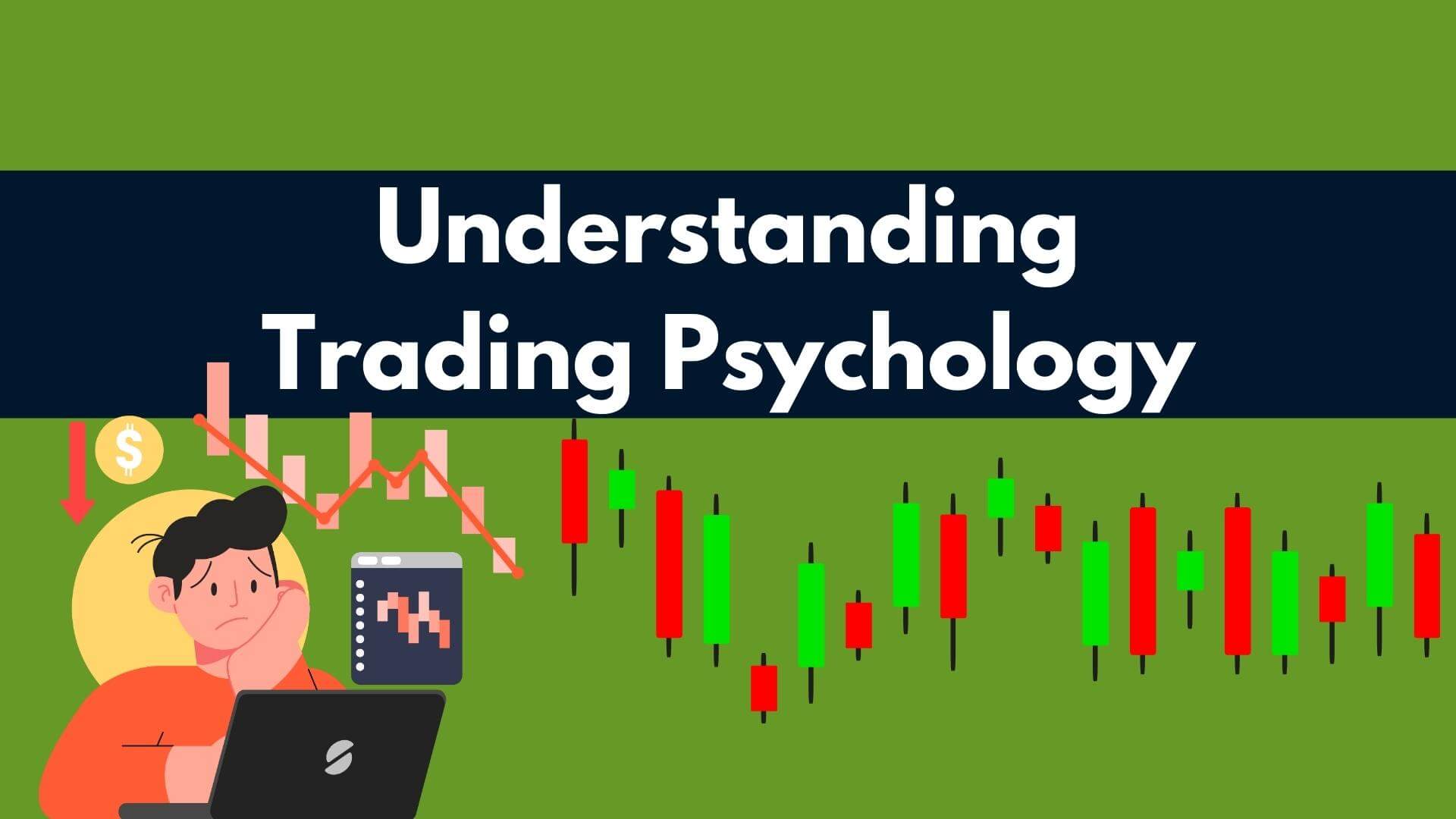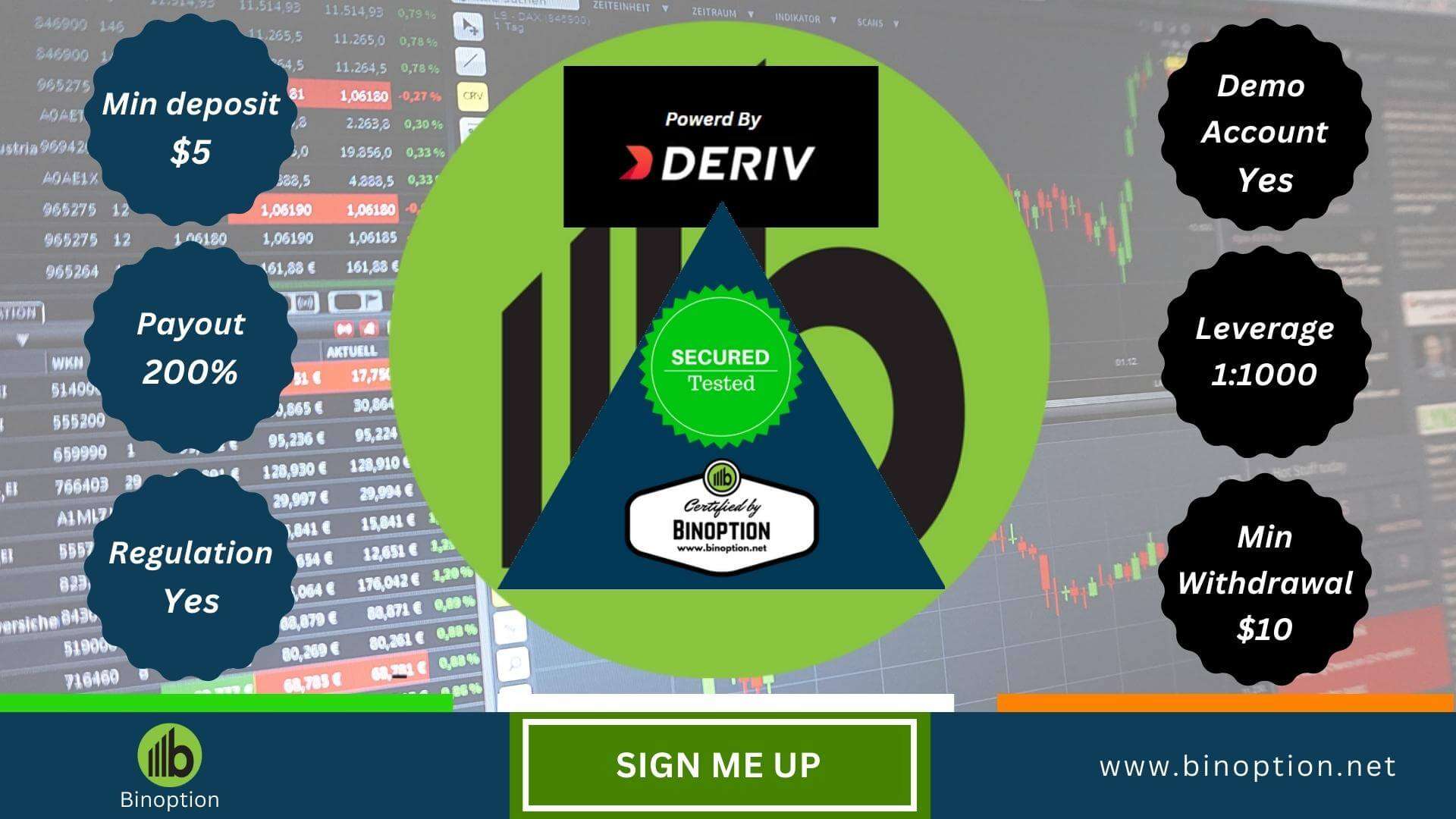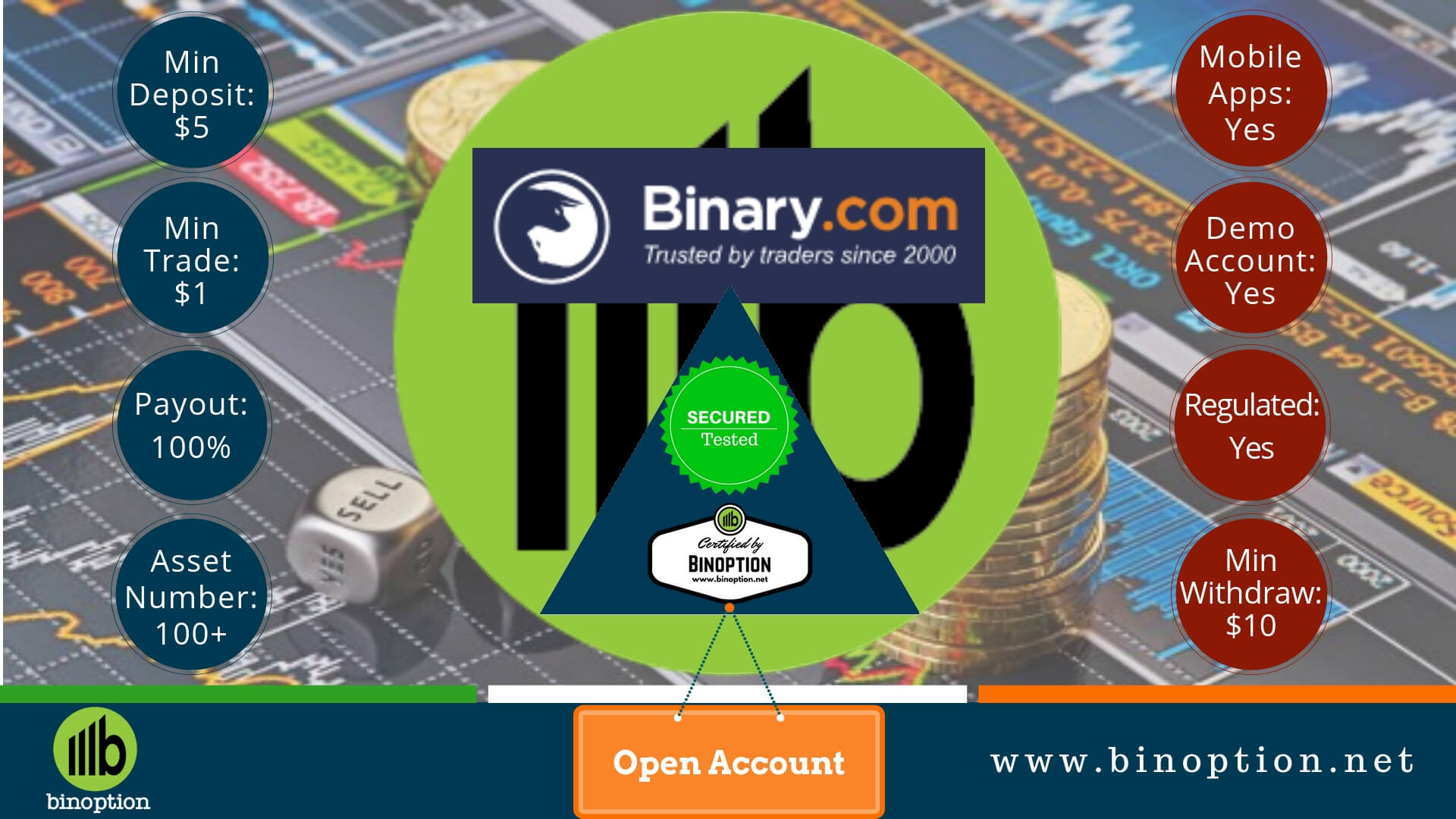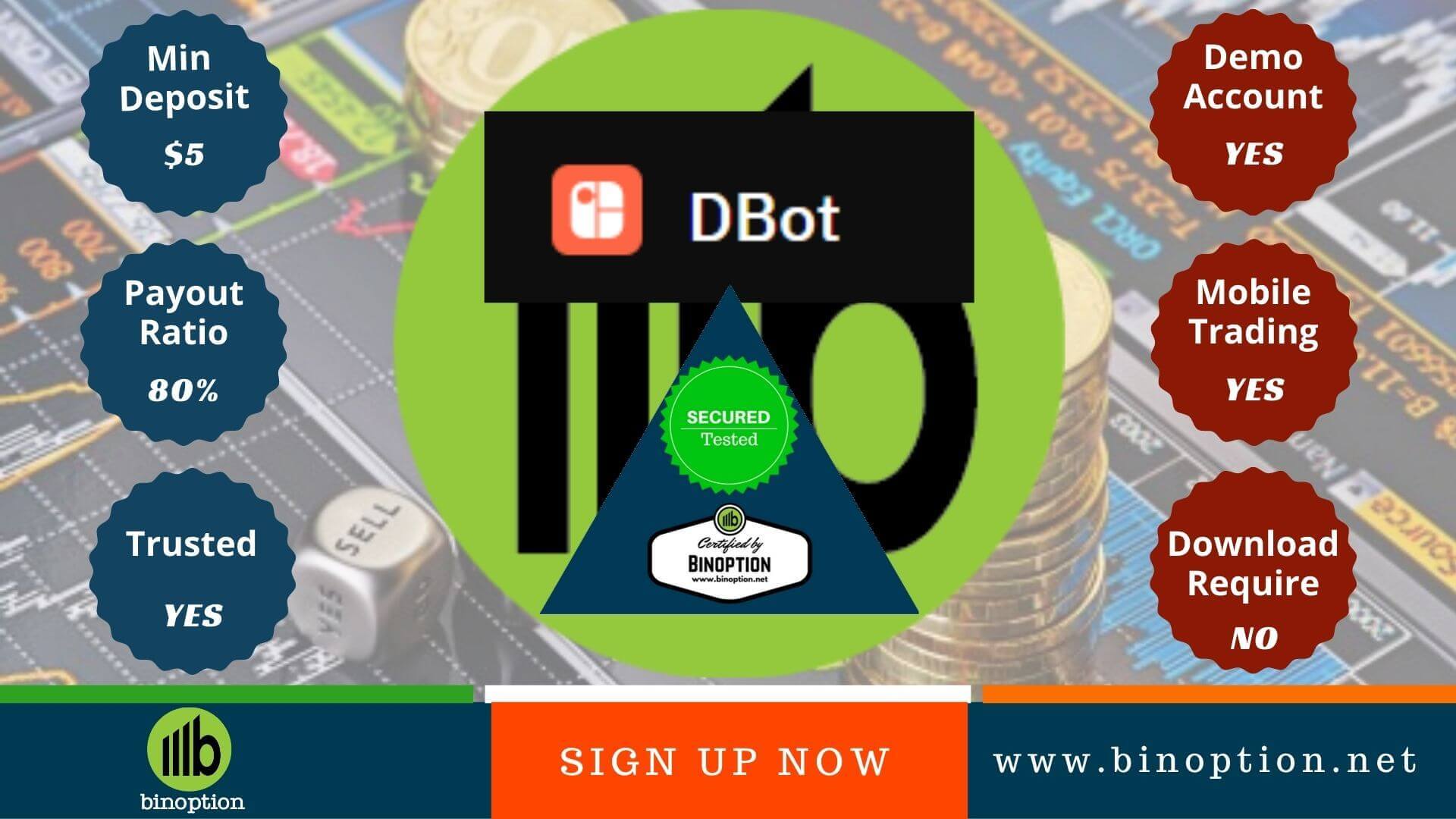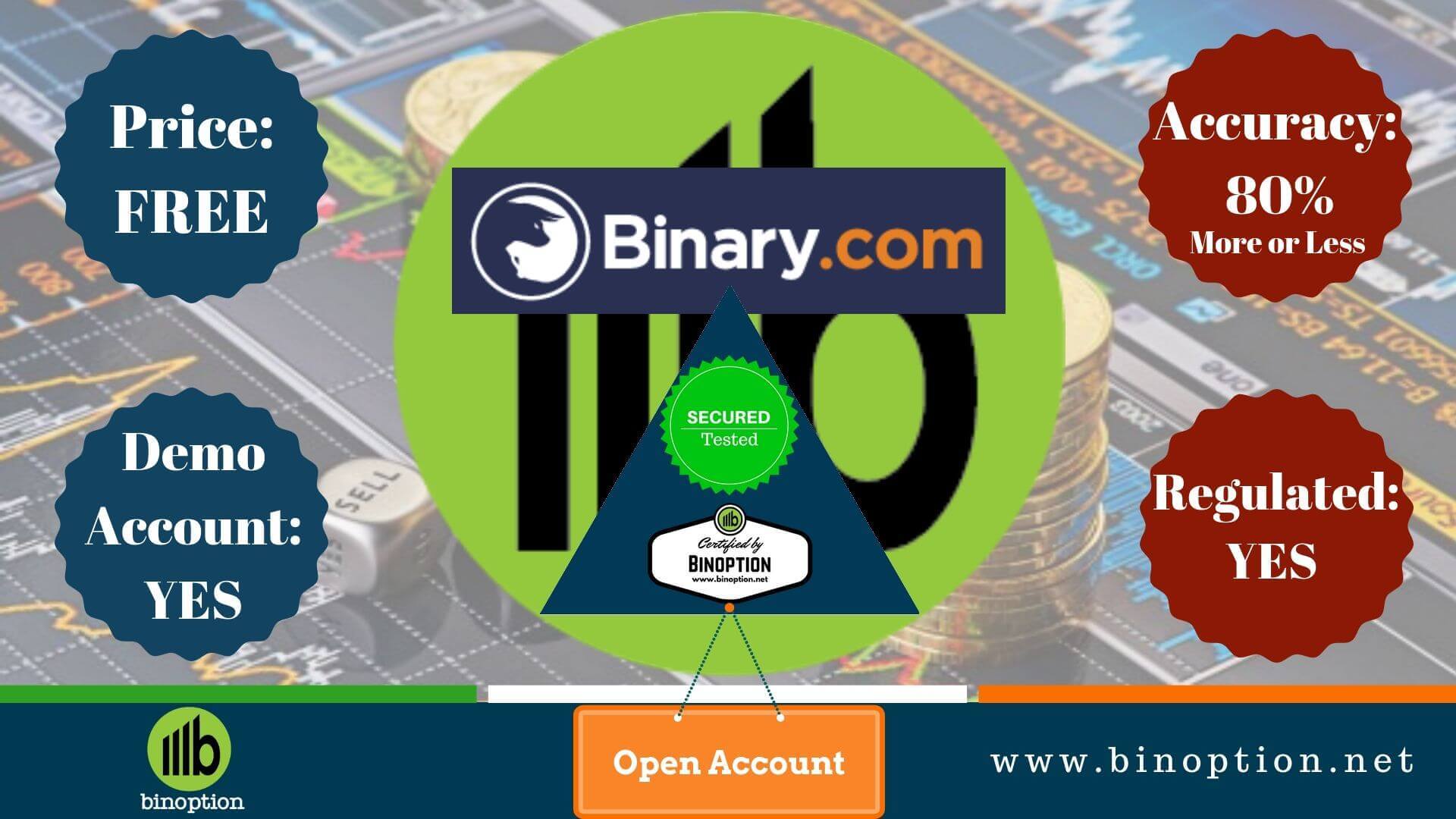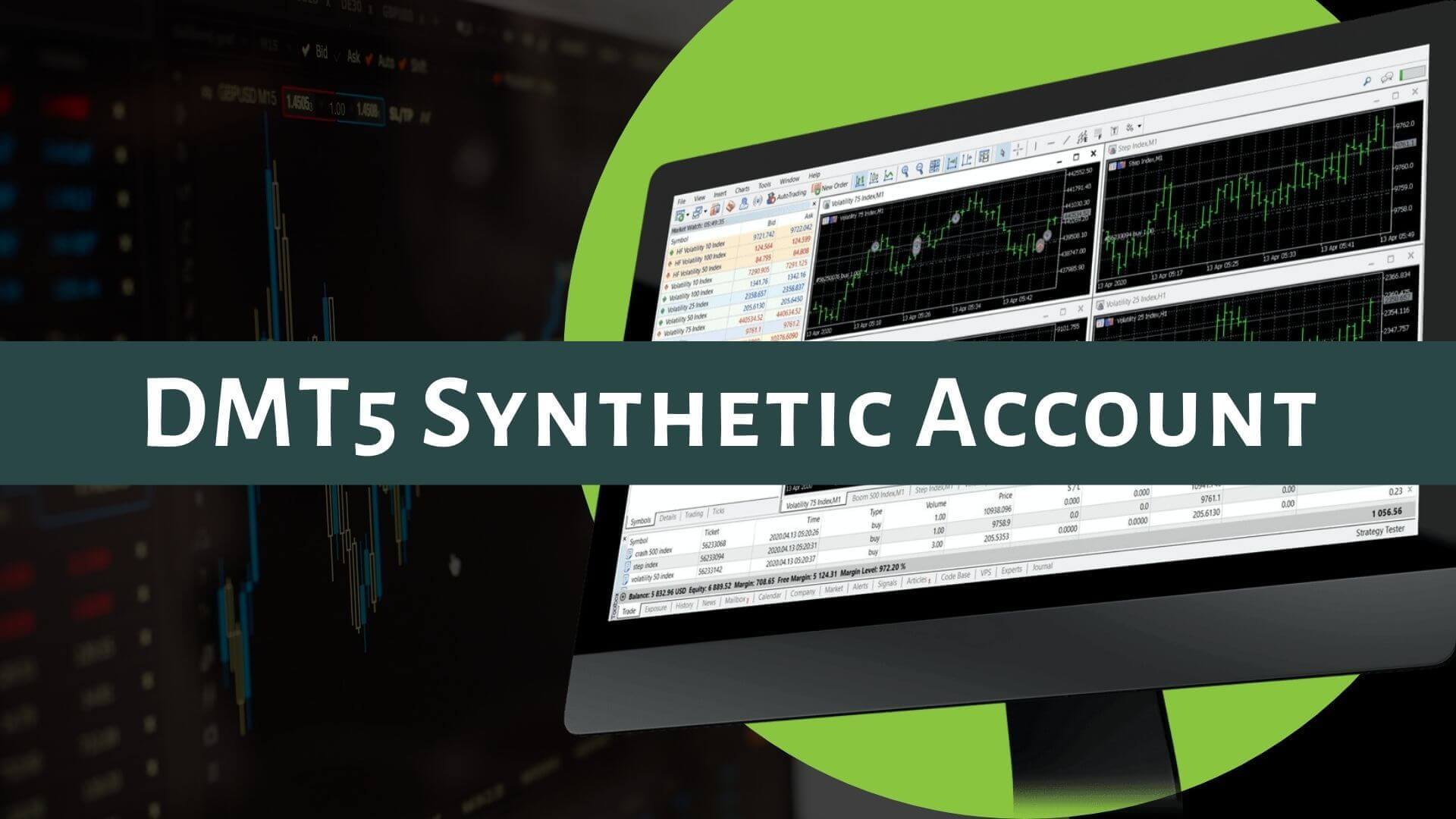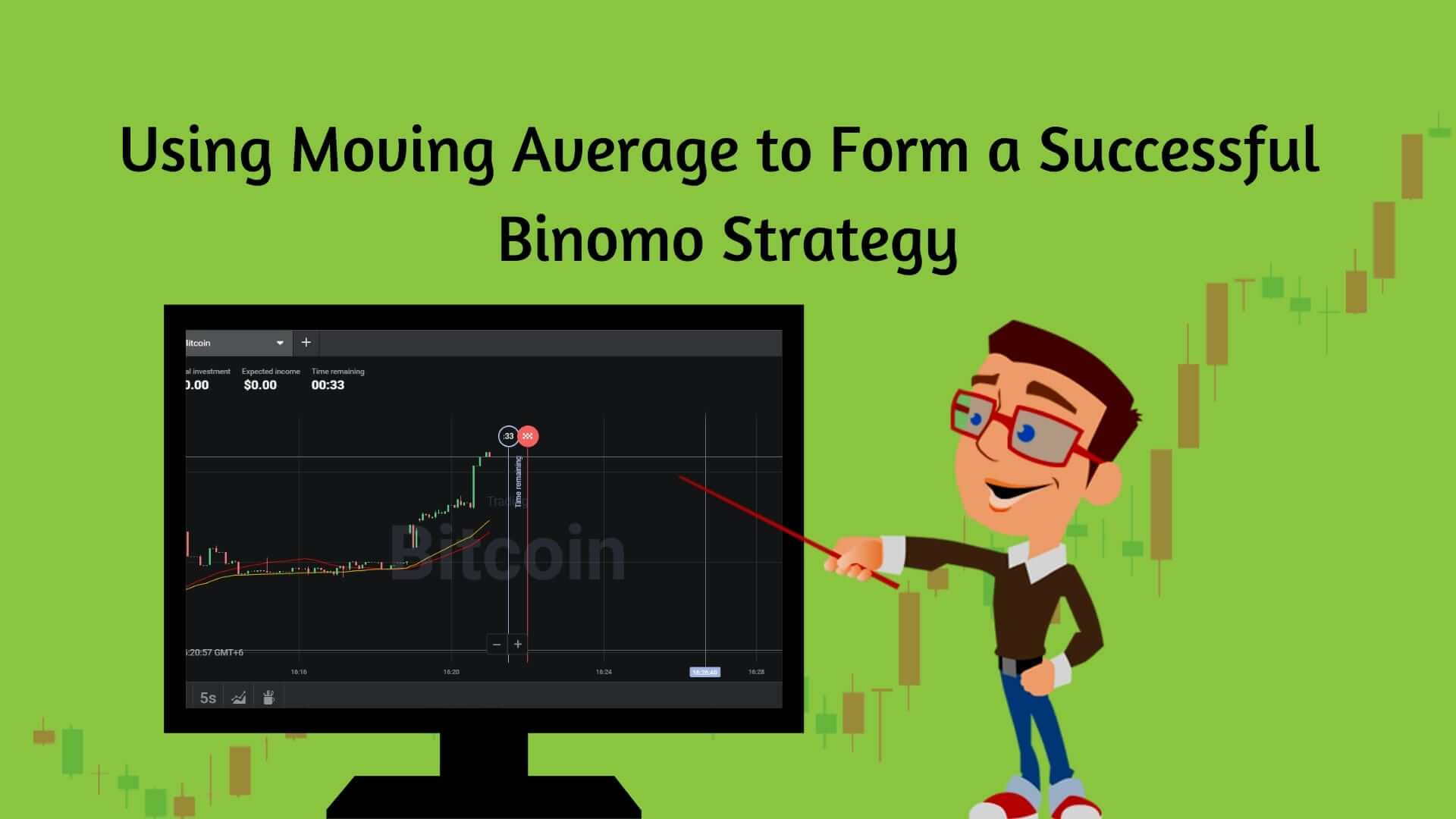Understanding The Binary Options Trading Psychology
In the fast-paced financial market, options traders’ success depends significantly on their binary options trading psychology. Research shows approximately 90% of binary options traders fail to generate profits consistently. As a result, it highlights the importance of understanding and managing psychological factors.
In this highly volatile environment, controlling emotions, making rational decisions, and maintaining discipline are key to profitability.
Are you struggling with the same ups and downs of binary options trading? What causes you to make impulsive decisions based on fear or greed? There is no need to feel alone if you experience such difficulties.
Traders often experience psychological barriers that hinder their ability to achieve their full potential.
But remember to bring along your lucky rabbit’s foot and a pinch of fairy dust – it can’t hurt!
The good news is that overcoming these obstacles and developing a winning mindset is possible. This article aims to discuss key concepts in binary options trading psychology, our experiences, and how to master this field.
Understanding Binary Options Trading Psychology
Understanding binary options trading psychology is essential for traders to make informed decisions. Emotions like fear, greed, impatience, etc. can cloud judgment, leading to impulsive actions and losses. A disciplined mindset, objective analysis, and learning from mistakes are vital for fostering a resilient and profitable trading mindset.
What Is Trading Psychology?
In trading, where fortunes are made and lost instantly, one often overlooked factor can make all the difference—the human mind. Trading psychology refers to how our emotions, thoughts, and behaviours influence our decision-making process.
To conduct a study, we divided our traders into two groups. Both groups possessed exceptional knowledge and technical skills, yet their trading journeys took divergent paths.
One group, driven by impulsive decisions and emotional reactions, found themselves on a rollercoaster of gains and losses. Meanwhile, another group, a master of trading psychology, possessed an uncanny ability to remain calm. They make rational decisions in the face of market turbulence.
Data shows that traders who develop a strong psychological foundation outperform those relying solely on technical indicators. On the other hand, successful traders possess discipline, patience, and emotional resilience. They adhere to well-defined trading plans and effectively manage risk.
Let’s find out how binary options traders interpret trading psychology.
What Is Binary Options Trading Psychology?
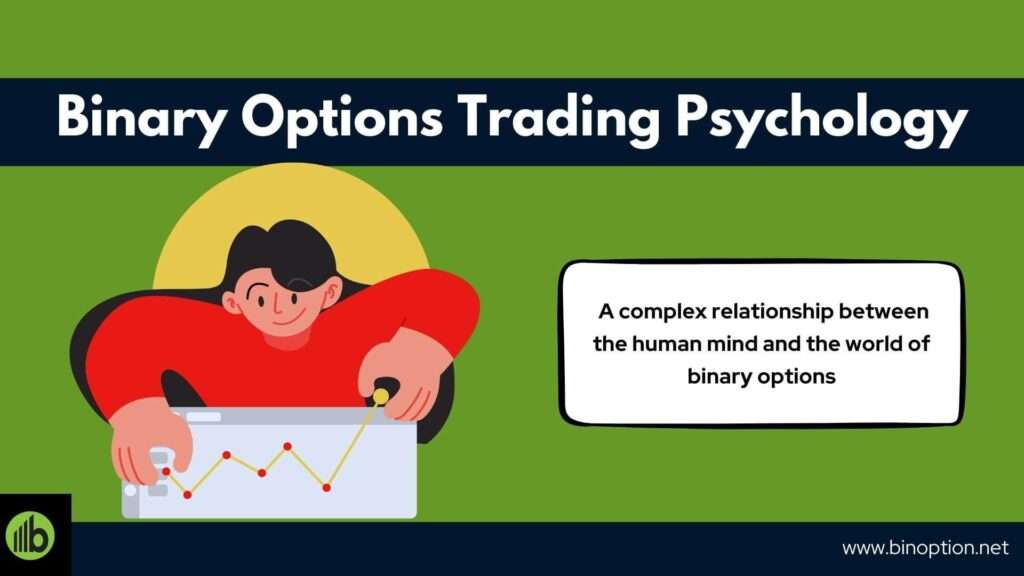
Understand The Role Of Trading Emotions
As you have learned so far, the psychology of a trader plays a significant role in trading. It could cloud your judgement and push you to take hasty decisions. They can impact and ultimately affect your trading process.
So, remember always to take a deep breath and remind yourself: “It’s just trading, not a life or death situation!”
For example, during market downturns, fear can trigger panic selling, further driving prices down. It creates a negative feedback loop and amplifies the downward trend. Conversely, during market upswings, greed can fuel excessive buying, causing asset values to inflate and potentially creating bubbles that eventually burst.
In the following step-by-step overview, we will explore the key emotions that binary options traders often experience.
Recognize the Common Trading Emotions:
Emotions are an integral part of human nature, and traders are no exception. Familiarize yourself with the following common emotions experienced during binary options trading:
1. Fear:
Fear is a vital emotional part of a trader. There are many types of fear in trading.
- The fear of losing money
- Fear of missing out
- Fear of being wrong
And so on.
The fear of losing money can cause traders to hesitate, miss opportunities, or exit trades prematurely.
So, the facts are:
- Trigger Premature Exits From Trades,
- Traders Make Impulsive Choices
- Jumping Into Trades Without Thorough Trading Market Analysis
- Push Traders To Overtrade
Some key take notes are:
- Analysis Paralysis:
In times of fear, traders may become overly cautious and undergo excessive analysis. It results in indecision and missed opportunities. Consequently, they may be paralyzed by analysis and miss out on market opportunities.
- Failure to Act:
We experienced, in some cases, fear can have a crippling effect. The result is that traders stay on the sidelines rather than taking calculated risks. It is a dangerous situation when traders are afraid to act. As a result, profitable trading opportunities are lost.
- Missed Breakouts:
There is a risk that traders will fail to capitalize on potential breakouts or trend reversals due to fear. In some cases, traders are afraid to enter a trade for fear of being caught. Occasionally, they find themselves in the wrong position when trading.
This phenomenon is known as ‘fear of missing out’ or ‘FOMO’. It can lead traders to take too much risk or enter trades too late, resulting in losses.
- Ignoring Signals:
Furthermore, it can lead traders to ignore signals or indicators that indicate favourable market conditions. You may end up missing out on profitable trades due to this issue.
2. Greed:
In trading, greed can be a double-edged sword. Generally, greed motivates ambition but also poses risks to rational decision-making. Adding to the previous, greed in trading often stems from the desire for excessive profits.
On the other hand, it could often lead to both favourable and unfavorable outcomes.
Here are some key points to understand about trading greed:
- Excessive Risk-Taking:
Greed can lead traders to take unwarranted risks in pursuit of higher returns. As a result, proper risk management practices may be ignored, leading to potential losses.
- Chasing Unrealistic Gains:
A trader’s greed may lead them to pursue unrealistic profit targets or to anticipate continuous growth exponentially. This mindset can affect the judgment of an individual, causing them to deviate from rational analysis and make impulsive decisions.
- Overconfidence:
A series of successful trades can fuel overconfidence, making traders believe they are invincible and capable of consistently beating the market. This inflated self-assurance may lead to taking bigger risks without proper assessment, potentially resulting in losses.
- Impulsive trading:
The desire for quick and substantial gains can tempt traders into overtrading. Also, taking numerous positions without adequate analysis or consideration of risk. Impulsive actions fueled by greed can result in suboptimal trading outcomes.
- FOMO (Fear of Missing Out):
The fear of missing out on potentially lucrative opportunities can fuel greed.
So, the facts are:
- Traders disregard proper risk management practices
- Lack of analysis
- Take impulsive and emotionally-driven decisions
- Overleverage the position
- Overtrade by hoping for the biggest outcome
3. Impatience:
Impatience with trading is a common behavioral trait. In trading, it is easy to be impatient. As human beings, we often crave immediate gratification, instant results, and quick wins. However, impatience can have serious consequences in the world of trading.
You could experience a bad trade.
It is common for traders to close or open a position without analyzing the market first. Also, many traders, especially day traders, make decisions based on emotions rather than sound analysis.
Having a lack of patience may lead to excessive trading due to a compulsion to be constantly active in the market.
So, here are the facts to remember while taking trade decisions:
- Lack of discipline is a characteristic of impatient traders
- Enter into trades without waiting for proper confirmation
- Frequently buy and sell without conducting the proper analysis
4. Overconfidence:
Confidence is a valuable trait in trading, instilling belief and resilience in the face of uncertainty. However, when confidence morphs into excessive confidence, it can have severe repercussions on trading outcomes.
It is a cognitive bias that can have detrimental effects on trading outcomes. When traders become overly confident in their abilities, they may engage in excessive trading and disregard proper risk management strategies.
Here is what we can expect:
- Control is an illusion:
Traders tend to believe they have more control over market outcomes than they actually do. Due to this, they may overestimate their abilities and underestimate the risks associated with trading.
As a result, they may engage in frequent trading if they properly assess the potential consequences.
- Traders who trade excessively:
Many traders believe that they maintain a competitive advantage or superior skills. As a result, they may overtrade and execute a large number within a short period of time.
Overtrading can increase transaction costs, such as commissions and spreads, while potentially diluting the focus on high-quality setups.
- Ignoring risk management:
It can lead traders to downplay risk management strategies. They may need to set appropriate stop-loss orders, allocate proper position sizes or ignore risk-reward ratios.
By disregarding risk management, traders expose themselves to more significant losses and reduce their ability to protect their capital.
- Profit Potential:
Traders often calculate the wrong numbers to estimate profit potential. Ultimately, this led to risk.
It is important to note that such actions can increase market volatility, vulnerability and can result in substantial losses.
- Ignoring the Contrary Evidence:
It can cause traders to ignore or dismiss contrary evidence that challenges their beliefs or trading strategies. They may become overly attached to their initial positions, disregarding warning signs or changing market conditions.
This bias prevents them from adapting to updated information and adjusting their trading decisions accordingly.
So you can count on that:
- In most cases, traders underestimate the market risks
- Traders ignore setting appropriate stop-loss orders and risk-reward ratios
- Become overly attached to their initial positions and disregard warning signs.
- Potential losses are often miscalculated
- Fail to acknowledge the true risks associated with trades
5. Frustration:
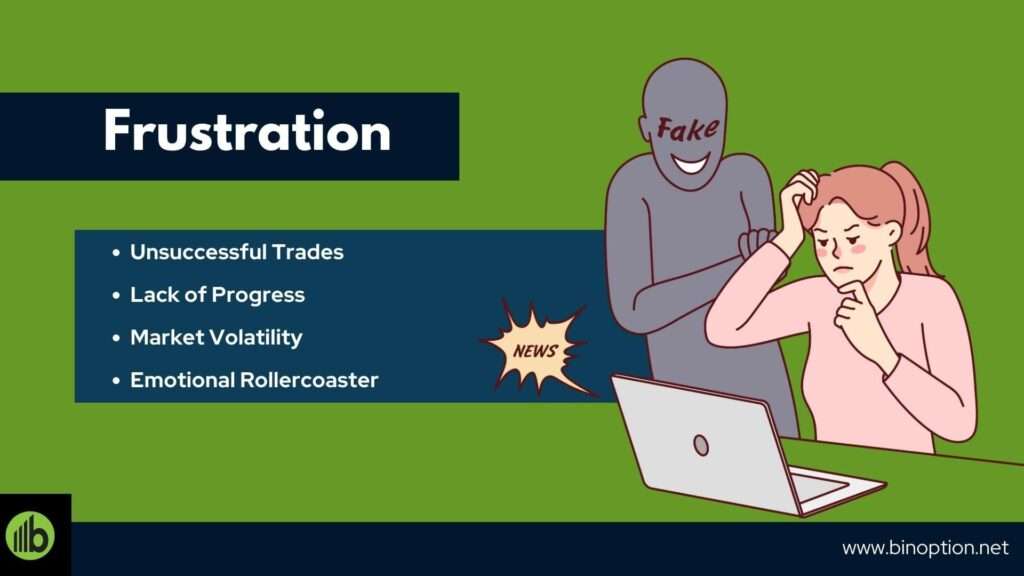
Frustration is another binary options trading emotion. It refers to the feeling of disappointment, annoyance, or dissatisfaction traders experience when they do not yield the desired results.
- Unsuccessful Trades:
Traders may feel frustrated when binary options trades end up out of the money, resulting in losses. Profit anticipation can turn into disappointment when profits are not realized.
- Lack of Progress:
Aiming for consistent profitability may feel frustrated when they do not see significant progress in their trading results over time.
- Market Volatility:
Binary options trading relies on price movements within specific timeframes. If the market exhibits high volatility or erratic behaviour, unexpected outcomes can occur. The difficulty of accurately predicting price movements causes traders frustration.
- Emotional Rollercoaster:
It can contribute to an emotional rollercoaster in binary options trading. Traders may experience heightened stress, impatience, or urgency to recover losses quickly. These emotional states can impair decision-making and lead to impulsive action
Let us share an experience with you.
On the last day, one of my colleagues experienced losses in her binary options trades. It left her frustrated and eager to recover from her losses quickly. Driven by emotions, she deviated from her trading plan.
After that, she started taking trades impulsively, hoping for a big win to make up for her previous losses. Unfortunately, her impulsive trades only deepened her losses, leading to even heightened frustration
Therefore, it is important to remember the following lessons:
- Frustration to drive impulsive actions
- You could fall into a dangerous trap and lose money
- Rushing to recover losses often leads to hasty decisions
- Poor risk management
- Lead to the revenge trading mentality
6. Anxiety:
The fear of missing out or FOMO create a cloud of uncertainty, leading to anxiety. It can push traders to chase trades, enter positions hastily, or override their trading plans. On the other hand, the fear of making wrong decisions can also paralyze traders.
It is another phase of anxiety. Overanalyzing, indecisiveness, or hesitating to enter or exit trades can result in missed opportunities. Also, holding onto losing positions for too long.
However, in binary trading, it could lead you to zero profit if you failed to predict the right closing point.
Trading anxiety, however, can be conquered by understanding its nature and implementing effective strategies. Also can unlock a pathway to trading success.
Connection Between Trading Psychology & Risk Management:
To control the psychology in trading, you have to build strong risk management. These are two critical elements intricately intertwine: risk management and trading psychology.
Understanding and harnessing the powerful connection between these two factors can unlock the path to consistent profitability and long-term success.
Effective risk management is the guardian angel of any trader. It encompasses a comprehensive set of strategies and practices designed to minimize potential losses and protect capital.
This insightful piece explores the profound relationship between risk management and trading psychology.
- Risk Management Reinforcing Trading Psychology:
Sound risk management practices anchor a trader’s psychology. By implementing effective risk mitigation techniques, traders reduce the psychological burden of potential losses.
This boosts confidence, reduces emotional stress, and enables traders to approach the market with a clear and focused mindset. Proper risk management provides a sense of security and control, allowing traders to execute their strategies without succumbing to emotional fluctuations.
- Trading Psychology Enhancing Risk Management:
Trading psychology plays a pivotal role in executing risk management strategies effectively. A disciplined and self-aware trader is more likely to adhere to risk management protocols consistently.
Emotional intelligence helps traders cut losses promptly. Also, resist the urge to chase after losses, and stick to their predetermined risk-reward ratios.
By conquering psychological challenges, traders ensure that risk management strategies are faithfully implemented.
Additionally, it safeguards traders’ capital and improves their odds of success.
Strategies To Manage Trading Emotion Effectively:
While mastering trading technical aspects is crucial, it is equally important to manage your emotions effectively. The ability to navigate the market highs and lows with a calm and disciplined mindset can significantly impact your trading performance.
- Emotional Intelligence:
Developing self-awareness is crucial for understanding your emotional triggers and responses while trading. By recognizing patterns in your emotions, you can take steps to control them and make objective decisions. Cultivating emotional intelligence allows you
- Manage your emotions effectively
- Maintain focus, and
- Adapt to changing market conditions.
- Building Discipline and Patience:
Discipline and patience are essential virtues for successful traders. Establishing a well-defined trading plan helps you to control emotions. Patience enables you to wait for high-probability setups, rather than being swayed by the fear of missing out (FOMO).
By nurturing discipline and patience, you enhance your ability to make rational decisions based on analysis and strategy.
- Utilizing Mindfulness and Meditation:
Practicing mindfulness and meditation techniques can help you cultivate a calm and focused mindset. These practices allow you to observe your thoughts and emotions without judgment, helping you maintain objectivity while trading.
Your trading performance can be enhanced when you incorporate mindfulness into your routine.
- Developing a Support System:
Trading can be a solitary endeavor, but it’s crucial to have a support system in place. Get advice from fellow traders, share your experiences, and receive support from individuals.
Having a support system provides an outlet for discussing your emotions and gaining perspective, ultimately contributing to better emotional management.
- Reviewing and Learning from Trades:
Regularly review your trades, analyzing both successful and unsuccessful ones. Identify patterns in your emotions during different market scenarios and learn from your experiences.
Your strategies can be refined, necessary adjustments made, and your emotional management can be improved by learning from past trades.
How To Master In Binary Options Trading Psychology:
Unlocking success in trading requires mastering trading psychology. Trading emotions heavily influenced traders.
It’s not just about analyzing charts and indicators; it’s about understanding your own emotions.
According to Jack Schwager,
Match the trading method to your personality.
Here, we will showcase a few points that help you develop a strong trading psychology and enhance your trading skills.
1. Manage Emotions:
It is mandatory to figure out your emotional tick point. Emotions, such as fear, greed, and impatience, can significantly influence trading decisions. First, recognize which one is bothering you and then manage those with the following steps:
Identify how certain situations or market conditions affect your decision-making process.
Stick to your trading plan and strategy, even when faced with market volatility or unexpected outcomes.
Maintaining a calm and focused mindset can enhance your decision-making abilities.
2. Cultivate a Growth Mindset:
Adopting a growth mindset is essential for continuous learning and improvement as a trader. Embrace challenges, setbacks, and mistakes as opportunities for growth rather than failures.
Here’s how to cultivate a growth mindset:
- Learning from losses:
Instead of dwelling on losses, analyze them objectively and extract valuable lessons. Focus on the process and identify areas for improvement.
- Seeking knowledge:
Commit to ongoing education and stay updated on market trends, strategies, and psychological aspects of trading.
Read books, attend seminars, join trading communities, and engage with experienced traders.
- Embracing adaptability:
Be open to adapting your trading strategies and approaches as market conditions change. Flexibility and the ability to adjust to new information are vital traits for successful traders.
3. Develop a Trading Plan:
A well-defined trading plan acts as a roadmap to guide your trading decisions. It provides structure, consistency, and helps you stay focused on your goals.
Consider the following elements when creating your trading plan:
- Goals and objectives:
Define clear and realistic trading goals based on your risk tolerance, financial situation, and time commitment. Establish short-term and long-term targets.
- Risk management:
Implement effective risk management techniques, such as setting stop-loss orders, position sizing, and maintaining a risk-reward ratio.
This will help protect your capital and reduce emotional decision-making.
- Trading strategy:
Outline your trading strategy, including entry and exit criteria, technical indicators, and timeframes. Backtest your strategy to validate its effectiveness.
4. Practice, Patience and Discipline:
Patience and discipline are essential virtues for traders. They prevent impulsive and emotionally driven actions, ensuring you stick to your plan.
Consider the following strategies to improve patience and discipline:
- Avoid overtrading:
Wait for high-probability setups and avoid entering trades out of boredom or FOMO (fear of missing out).
- Maintain trading discipline:
Follow your trading plan diligently, regardless of market conditions or external influences. Avoid making impulsive decisions based on short-term market fluctuations.
- Review and assess:
Please look over your trading performance regularly, identifying both strengths and weaknesses. Make necessary adjustments and hold yourself accountable to your trading plan.
Conclusion
In conclusion, mastering the psychology of binary options trading is essential to achieving consistent profitability. Recognizing that trading decisions are influenced by both rational and emotional factors.
So, whether you’re a seasoned trader or just getting started, remember that honing your trading psychology is the ultimate game-changer.
Embrace the psychology of trading, and watch as your trading journey transforms into a thrilling and rewarding
Don’t let your emotions dictate your success!
Start mastering trading psychology today by implementing proven techniques.
So, make informed decisions, control your impulses, and maximize your profits.
